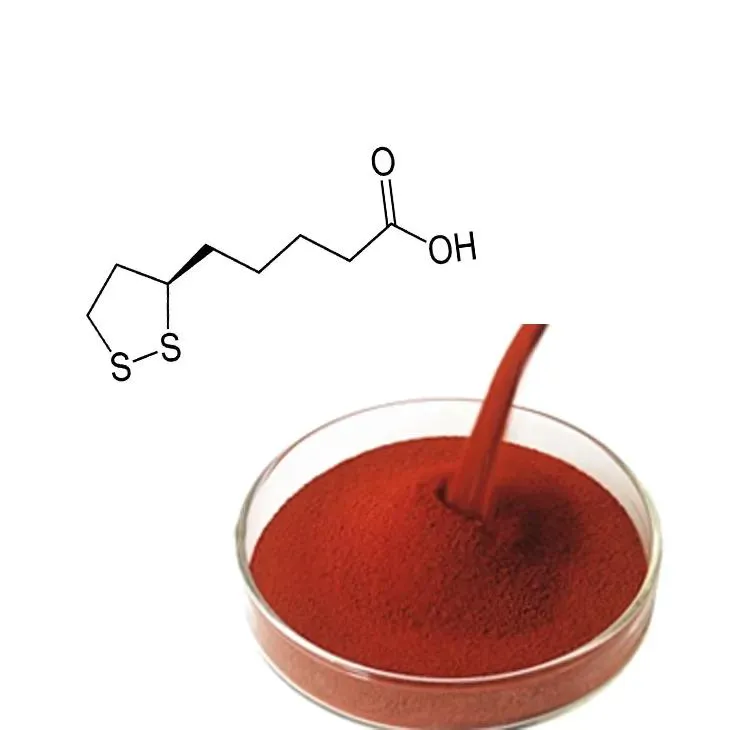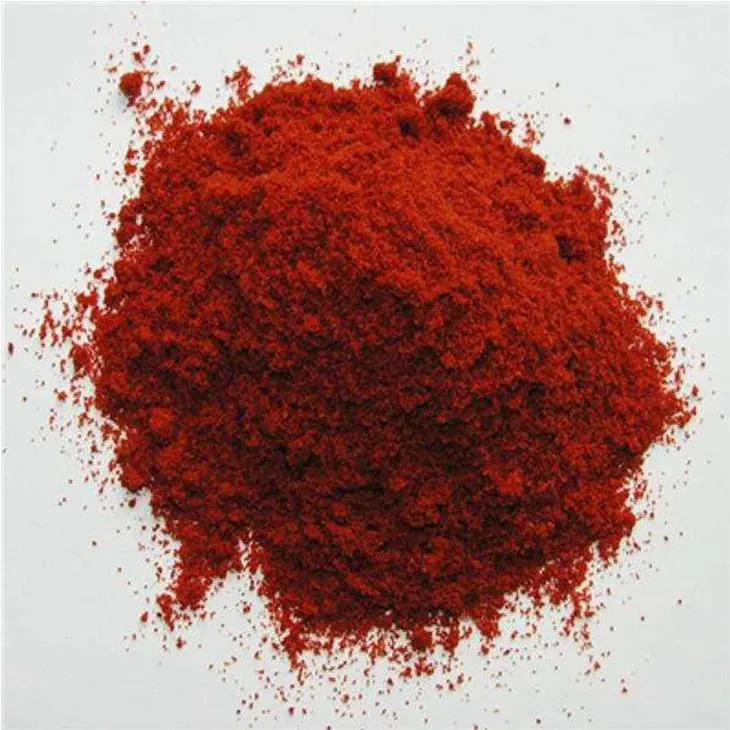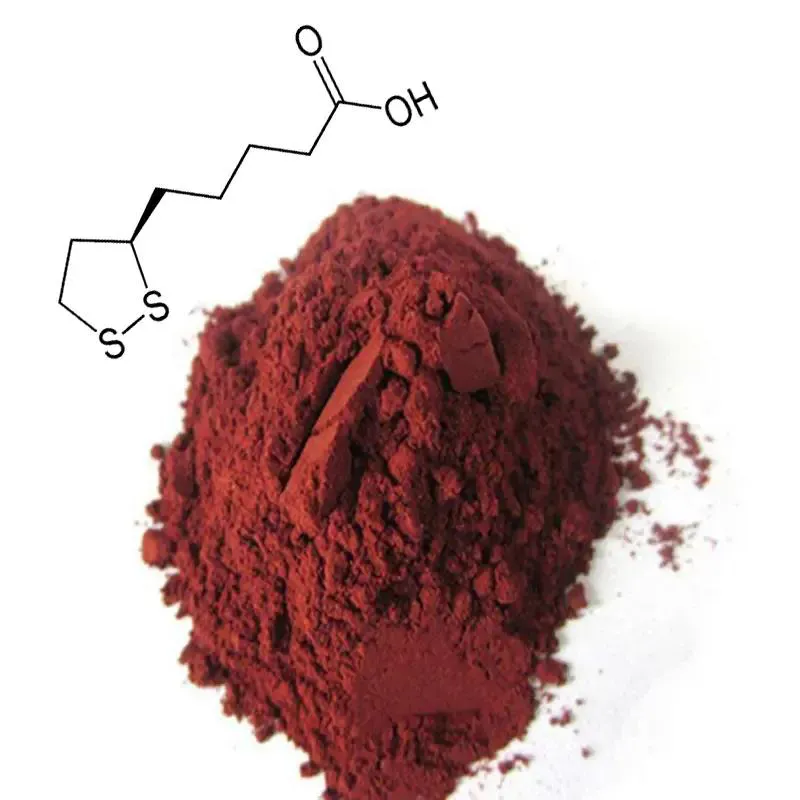- 0086-571-85302990
- sales@greenskybio.com
Which astaxanthin should you use?
2024-12-11

Introduction
In the ever - expanding realm of health supplements, Astaxanthin has emerged as a highly sought - after option. With its purported numerous health benefits, it has captured the attention of health - conscious individuals worldwide. However, the market is flooded with different types of Astaxanthin products, leaving consumers bewildered about which one is the best fit for their needs. This article aims to provide a comprehensive guide to help you make an informed decision when choosing an Astaxanthin supplement.

Natural vs. Synthetic Astaxanthin
Natural Astaxanthin
Natural astaxanthin, typically sourced from microalgae such as Haematococcus pluvialis, is widely regarded as a premier choice in the world of astaxanthin supplements. One of the key reasons for its superiority lies in its high antioxidant potency. Antioxidants play a crucial role in the body by neutralizing free radicals, which are unstable molecules that can cause oxidative stress. Oxidative stress has been linked to a myriad of health problems, including premature aging, heart disease, and certain types of cancer.
Natural astaxanthin's antioxidant power is far - reaching. It can penetrate cell membranes, protecting the cells from within. This unique ability sets it apart from many other antioxidants. Additionally, it has been shown to have anti - inflammatory properties. Inflammation is a natural response of the body to injury or infection, but chronic inflammation can be detrimental to health. Natural astaxanthin can help regulate the body's inflammatory response, promoting overall well - being.
Synthetic Astaxanthin
On the other end of the spectrum, we have synthetic astaxanthin. One of the main advantages of synthetic astaxanthin is its cost - effectiveness. It is often more affordable than its natural counterpart, making it an attractive option for those on a budget. However, it is important to note that synthetic astaxanthin may not possess all of the beneficial properties found in natural astaxanthin.
Synthetic astaxanthin is produced through chemical processes, and while it may have antioxidant properties, it may not be as bioavailable or as effective in combating oxidative stress as natural astaxanthin. There are also concerns regarding potential impurities or differences in the chemical structure compared to natural astaxanthin.

Forms of Astaxanthin
Softgels
Astaxanthin is available in various forms, and one of the most common is the softgel form. Softgels offer several advantages. Firstly, they are easy to swallow, which is especially important for those who may have difficulty taking larger pills or tablets. Secondly, softgels typically ensure a proper dosage. Each softgel contains a pre - measured amount of astaxanthin, allowing consumers to easily control their intake.
Softgels also provide protection to the astaxanthin inside. The outer gelatin shell helps to prevent the astaxanthin from being exposed to air, light, and moisture, which can degrade its quality over time. This protection helps to maintain the potency of the astaxanthin until it is consumed.
Liquid Astaxanthin
Liquid astaxanthin is another form that has its own set of characteristics. One of the main benefits of liquid astaxanthin is its potential for faster absorption. When consumed in liquid form, the astaxanthin may be more readily available for the body to absorb compared to when it is in a solid form such as a softgel or tablet.
However, liquid astaxanthin also has some drawbacks. One significant disadvantage is its shorter shelf - life. Because it is in a liquid state, it is more susceptible to degradation from factors such as heat, light, and exposure to air. This means that it may lose its potency more quickly than astaxanthin in other forms.

Purity and Quality
When selecting an astaxanthin supplement, the purity and quality of the product are of utmost importance. High - quality astaxanthin should be free from contaminants such as heavy metals, pesticides, and other harmful substances. These contaminants can not only reduce the effectiveness of the astaxanthin but may also pose a risk to your health.
In addition to being contaminant - free, a good astaxanthin supplement should have a high astaxanthin content. The percentage of astaxanthin in the supplement can vary widely between different products. Look for products that clearly state the astaxanthin content on the label. A higher astaxanthin content generally indicates a more potent and effective product.
Reputable manufacturers will often conduct third - party testing to ensure the purity and quality of their astaxanthin products. Look for products that are certified by recognized third - party organizations. This certification can provide an added level of confidence in the product's quality.
Other Considerations
There are a few other factors to take into account when choosing an astaxanthin supplement. One such factor is the brand reputation. Opt for well - known and established brands that have a history of producing high - quality supplements. These brands are more likely to adhere to strict manufacturing standards and quality control procedures.
Another consideration is the price. While it is important not to sacrifice quality for cost, it is also necessary to find a product that fits within your budget. Compare prices between different brands and forms of astaxanthin, but keep in mind the factors such as purity, quality, and effectiveness that we have discussed earlier.
Additionally, it can be beneficial to read customer reviews and testimonials. These can provide insights into the real - world experiences of other users. However, be cautious when relying solely on reviews, as some may be biased or inaccurate.
Conclusion
In conclusion, choosing the right astaxanthin supplement can be a complex task given the variety of options available. Natural astaxanthin sourced from microalgae like Haematococcus pluvialis is often a top choice due to its high antioxidant potency and other beneficial properties. However, synthetic astaxanthin may be a more affordable alternative for some.
When it comes to the form of astaxanthin, softgels are easy to swallow and ensure proper dosage, while liquid astaxanthin may offer faster absorption but has a shorter shelf - life. Purity and quality are crucial, so look for products that are contaminant - free and have a high astaxanthin content. Consider brand reputation, price, and customer reviews as well when making your decision. By taking all of these factors into account, you can make an informed choice and select an astaxanthin supplement that best meets your health and wellness needs.
FAQ:
What are the differences between natural and synthetic astaxanthin?
Natural astaxanthin, usually sourced from microalgae such as Haematococcus pluvialis, has high antioxidant potency. It can effectively combat oxidative stress in the body. Synthetic astaxanthin is more affordable, but it may not possess all the beneficial properties that natural astaxanthin has.
Which form of astaxanthin is better for absorption, softgels or liquid?
Liquid astaxanthin may offer faster absorption. However, it has a shorter shelf - life. Softgels are easy to swallow and can ensure proper dosage.
How can I ensure the purity and quality of astaxanthin supplements?
To ensure the purity and quality of astaxanthin supplements, look for products that are free from contaminants and have a high astaxanthin content. Check the product labels and choose reliable brands.
Is natural astaxanthin always more expensive than synthetic astaxanthin?
Generally, natural astaxanthin is more expensive because it is sourced from microalgae and has better beneficial properties. But prices can also vary depending on different brands and production processes.
What are the main benefits of astaxanthin?
The main benefit of astaxanthin is its high antioxidant potency, which can help combat oxidative stress in the body. It may also have other potential health benefits, such as improving skin health and eye health, although more research is needed in these areas.
Related literature
- The Antioxidant Potential of Astaxanthin: A Review of in vitro and in vivo Studies"
- "Astaxanthin: Sources, Production, Applications, and Its Commercialization"
- "Beneficial Effects of Astaxanthin on Human Health"
- ▶ Hesperidin
- ▶ citrus bioflavonoids
- ▶ plant extract
- ▶ lycopene
- ▶ Diosmin
- ▶ Grape seed extract
- ▶ Sea buckthorn Juice Powder
- ▶ Beetroot powder
- ▶ Hops Extract
- ▶ Artichoke Extract
- ▶ Reishi mushroom extract
- ▶ Astaxanthin
- ▶ Green Tea Extract
- ▶ Curcumin Extract
- ▶ Horse Chestnut Extract
- ▶ Other Problems
- ▶ Boswellia Serrata Extract
- ▶ Resveratrol Extract
- ▶ Marigold Extract
- ▶ Grape Leaf Extract
- ▶ blog3
- ▶ blog4
- ▶ blog5
-
Pure 85% Tomentil Extract.
2024-12-11
-
Green coffee bean Extract
2024-12-11
-
Resveratrol extract
2024-12-11
-
Bayberry Extract
2024-12-11
-
Nettle Root Extract
2024-12-11
-
Marigold Extract
2024-12-11
-
Chia Seed Powder
2024-12-11
-
Shikone Extract
2024-12-11
-
Cactus Extract
2024-12-11
-
Natural grape seed extract
2024-12-11
-
Senna Leaf Extract
2024-12-11





















